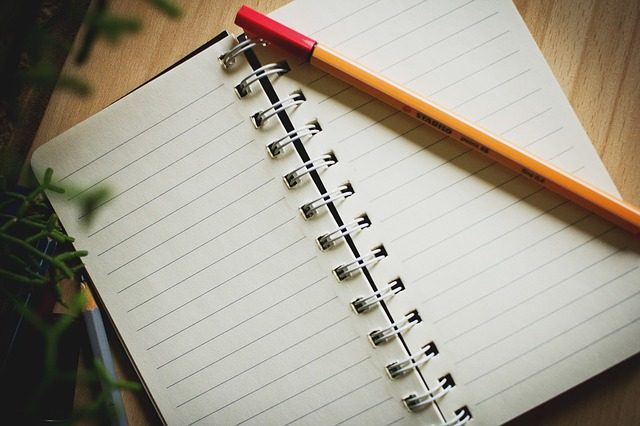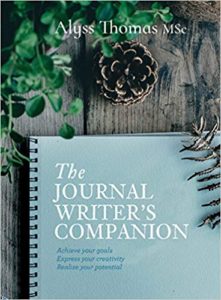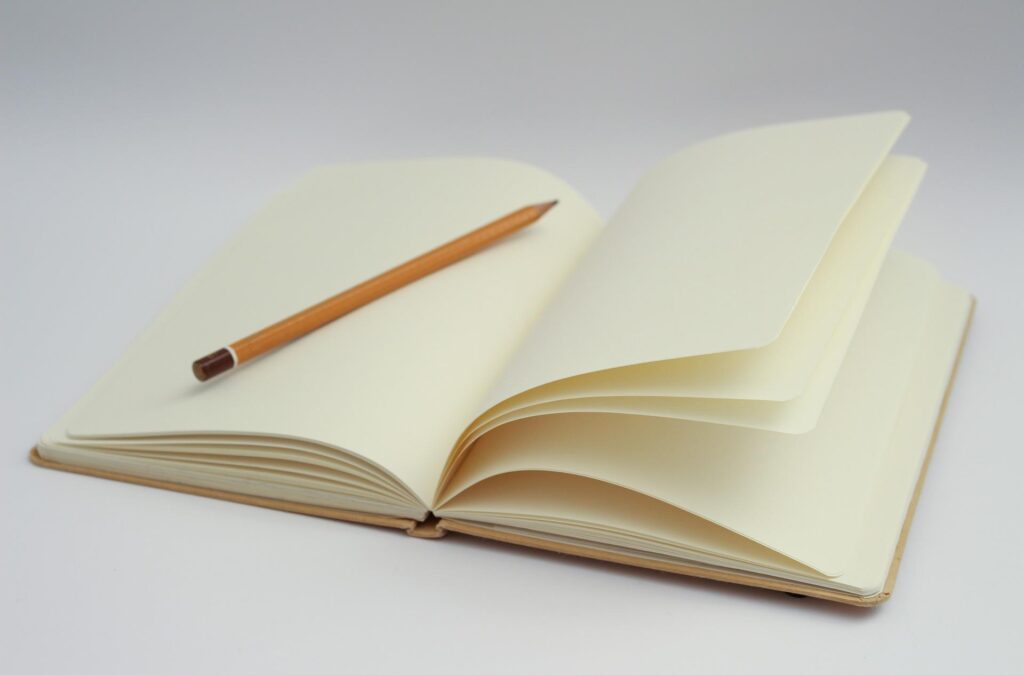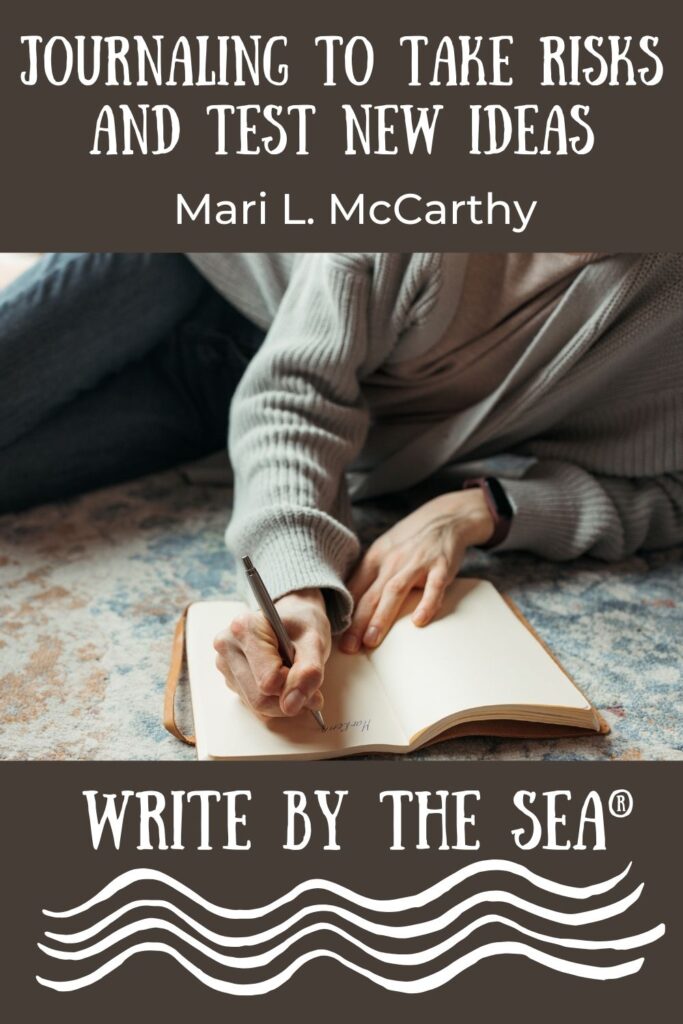by Alyss Thomas

Try These Top Journaling Tips for Writers!
Use your journal to help your writing flow.
Focused journal writing strategies can help you stay in your “genius zone” as a writer.
Many writers keep a journal to accompany themselves on each specific writing project.
Of course you can use a journal to keep on top of submissions and blog posts, and always note down new ideas as soon as they occur to you.
However a writer’s journal can be so much more than this.
Your journal can also be your best friend.
It is your first audience, where you can trial ideas and initial drafts, share your thoughts about your writing day, conduct imaginary dialogues with your editor, address your ideal reader, and simply be present and attentive with what is happening in your writing process.
This will make your actual writing, when you come to it, more fluid and on point, as when you have a place to work through any feelings and issues or lack of clarity, or you identify your strengths, this frees up your writing.
Journaling can be under-rated when it is just used for diarising your day or writing on set topics – there’s so much more to it.
Use it to identify and capture those moments where you are being your best writing self.
Identify and release any remaining self doubts and limitations, and allow yourself bigger writing goals.
Journaling can make an enormous difference to help you focus on what you really want to happen in your writing and to be the kind of writer you yearn to be.
An important aspect of journaling is that it brings you into the writing zone with little resistance or procrastination as it is “just” your journal and no one is going to read it.
This might sound obvious but writing in your journal counts as quality writing practice and engagement with your craft.
Generally when we are writing, we are seeking those precious moments when we are engaged in the writing without resistance and we are in flow.
Flow can be identified as the freedom of self expression when our writing skills, our passion and our fascination with the topic all come together, with an absence of self criticism or judgement.
The more you engage with your writing journal, the more frequently you will enjoy being in flow, and the more brilliant ideas will drop into your consciousness while you are relaxed and focusing.
About Alyss Thomas
 Alyss Thomas is a seasoned journal writer, with a great enthusiasm for all that journal writing can offer. She runs training courses on Journal Writing for Success. She works in Devon in the UK. As a psychotherapist and writer, she has developed original empowering and creative approaches that are both absorbing and enjoyable – and highly effective in solving problems whether in business or in personal life.
Alyss Thomas is a seasoned journal writer, with a great enthusiasm for all that journal writing can offer. She runs training courses on Journal Writing for Success. She works in Devon in the UK. As a psychotherapist and writer, she has developed original empowering and creative approaches that are both absorbing and enjoyable – and highly effective in solving problems whether in business or in personal life.
Alyss has written a lot of journals and she learned the slow way, over many decades, how journal writing can increase your effectiveness in just about every area of life.
Alyss Thomas’s book, The Journal Writer’s Companion, includes guidance on many different forms of journalling, including a complete chapter for writers and journaling examples.
Read a review of the book here.













One Comment
Comments are closed.